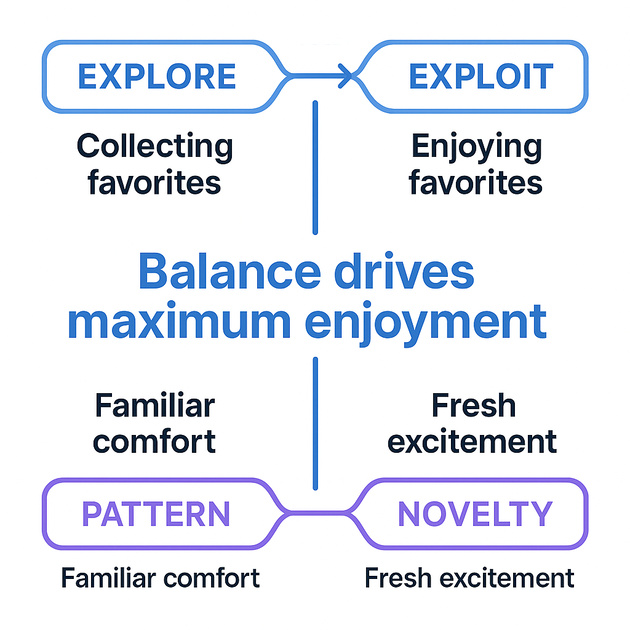Why I Think Karpathy is Wrong on the AGI Timeline
It's not about LLMs, it's about AI systems
This is some of my favorite, most popular, and latest content. You can also browse and search the archives.

It's not about LLMs, it's about AI systems

It's not about LLMs, it's about AI systems

Attention and novelty slow time while being distracted divides it

AI's barbell economy will need both UBI and immersive entertainment

Understanding how oscillating between exploration and exploitation unlocks maximum enjoyment from life

Why a major crash, AGI, and millions of jobs replaced aren't mutually exclusive

The collapsing of the traditional three-part model explains why AI is so economically disruptive

What if our world models are just as emergent and flimsy as AI's?